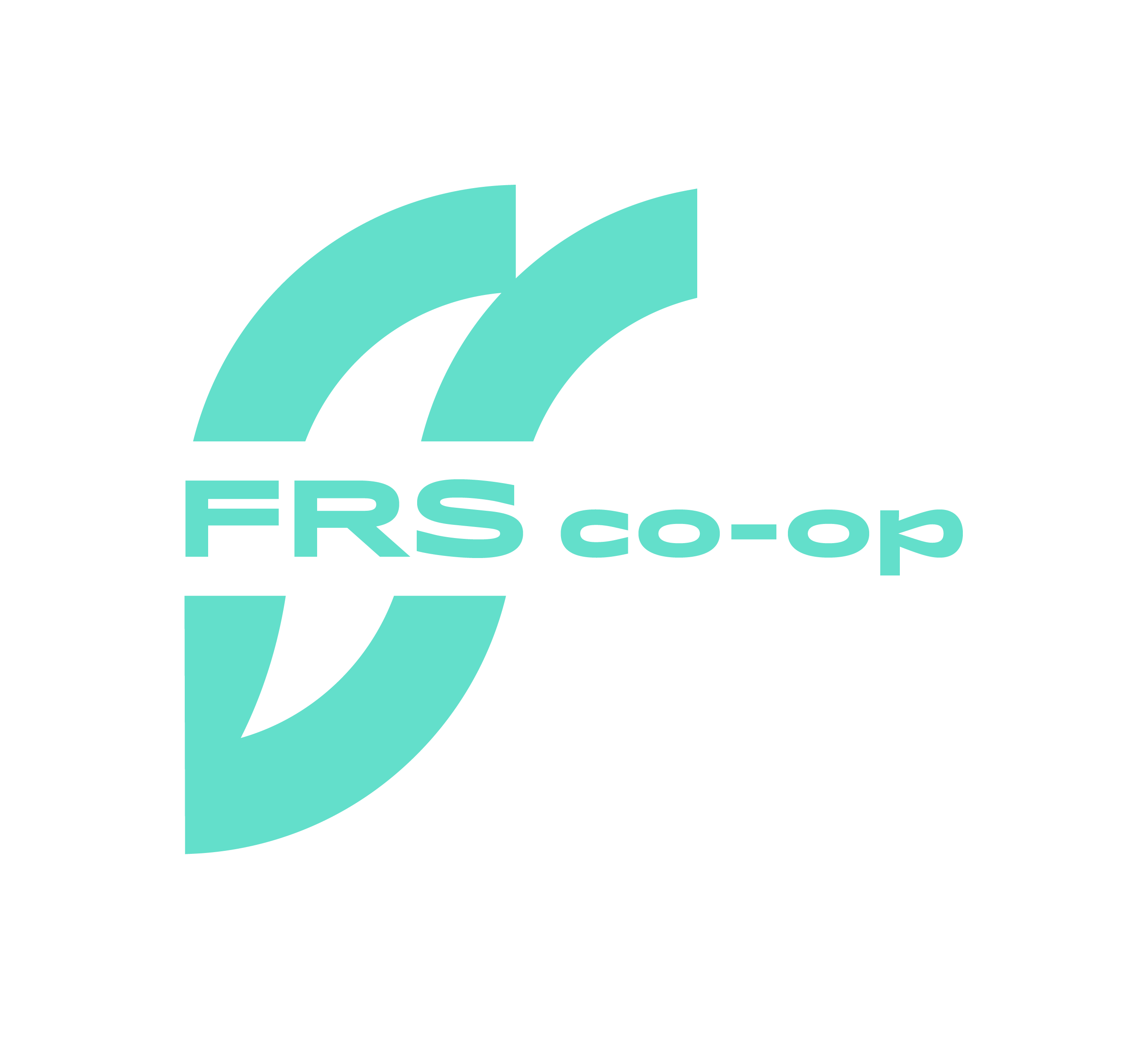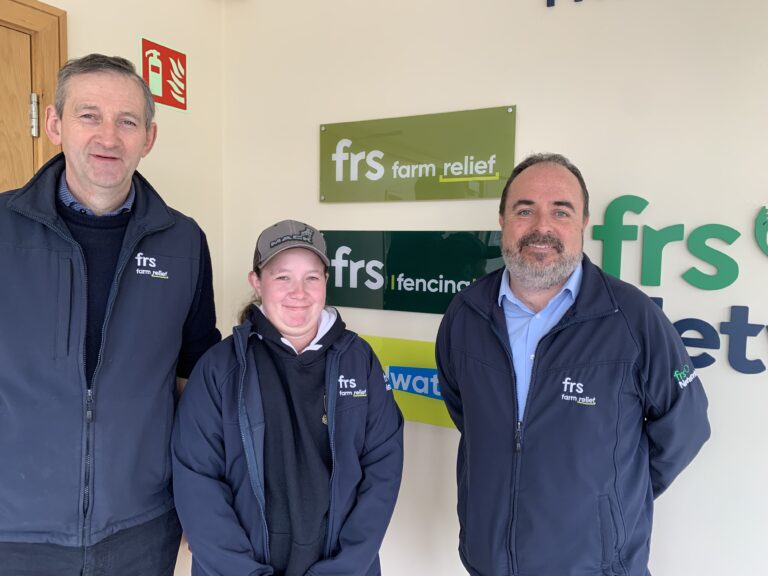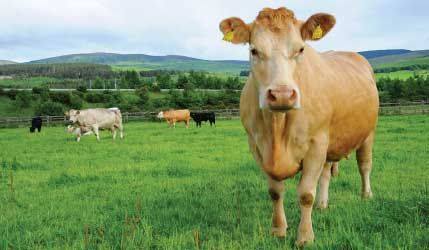January is critically important for many early-season production sheep farmers throughout the country. Lambing is one of the busiest times of year for sheep farmers and without a proper system in place, farmers can become tired or overwhelmed. Management at lambing time can influence a wide range of factors including lambing rates, ewe health, mortality rates and flock performance for the remainder of the year.
If lambing season coincides with other farm tasks, such as sowing crops, calving cows etc, it can be difficult to give the sheep the attention that they require. For farmers, organisation is key and now is the time to plan in advance.
Stock up on supplies
Firstly, farmers need to make sure they have all the necessary supplies. Stock up on essentials like disinfectant, arm length disposable gloves and paper towels, lube, naval treatment, stomach tubes, antibiotics and powder or frozen colostrum. Store them in a safe and easily accessible place.
Review your system
Farmers should ensure their system is fit for purpose and able to handle the expected lambing numbers. It is important to have good hygiene in the lambing environment for both indoor and outdoor systems and adhere to the recommended stocking densities. Reflect on last year and make any necessary changes and repairs.
When planning, farmers should separate ewes into expected litter size. Aim to have 2 or 3 paddocks/pens, for singles and multiples. After each ewe is lambed, move her and her off-spring to a different shed or paddock. This is key to reducing risk of infection.
Good practice is key
Also, it is helpful to have a designated area to move ewes to if they require assistance during lambing. Don’t forget to disinfect the area after each use and follow maximum hygiene during all husbandry procedures. Clean and disinfect the equipment between individual animals.
Consider feed
When looking at which system to use also consider the amount of feed available for your flock. For indoor lambing, ewes need good quality forage and additional concentrates. Ideally concentrates should have a high level of protein for sufficient colostrum. Forage tests can help gauge the protein levels needed for your flock. Farmers may need to continue feeding once ewes go out to grass to help with their milk supply.
If you are outdoor lambing, it is important to plan your grass rotation. Identify paddocks or fields close to the yard and ensure you have enough grass to provide for the flock before and during lambing. Ewes will require additional feed while at grass to maintain good health. Repair or erect fences in advance. Contact your local FRS Fencing store for all your fencing needs.
Importance of colostrum
Once a lamb is born, it is important for them to get colostrum within the first six hours of life and, on average, six hourly intervals thereafter. Colostrum provides new-born lambs with vitamins and nutrients, antibodies to help build the immune system and as a laxative to help with the digestive system. Ewes colostrum is the best option for lambs. However, if a ewe is in short supply, gets mastitis or enlarged teats, intervention needs to be made with a colostrum substitutes. Farmers must also watch out for lambs not sucking as they may need additional care.
If you are considering castrating ram lambs, it is recommended to wait until they are 24 hours old. However, ensure that this is done before they reach a week old.
Farmers may also need to put procedures in place to control vermin, i.e foxes and grey crows, as they are watching for weak lambs.
Don’t forget to brand your ewes and lambs
Lastly, farmers should brand ewes and their corresponding lambs when leaving the lambing pen. This is an effective habit to get into as it will save time in the long run. Not only is it essential for identification but can also reduce time spent on paperwork. Farming app, Herdwatch, can help keep track of your flock and replace your Bord Bia and Blue Book. Find out more at Herdwatch.ie.
Contact FRS
If you require help this Spring, contact your local FRS office in plenty of time. FRS have a range of skilled operators available. Contact FRS in Midleton on 021 4613501, FRS in Bandon on 021 4613501, or FRS in Kanturk on 029 50750 or visit www.frsfarmrelief.ie.
FRS are currently running a recruitment drive with available positions posted daily and can be applied for online at www.frsfarmrelief.ie/careers.




